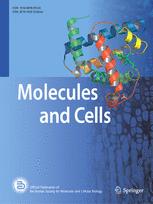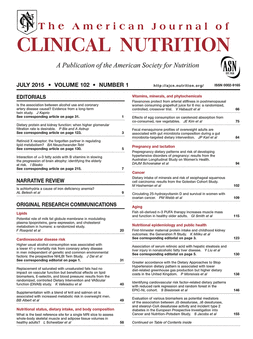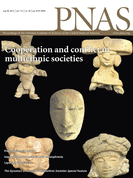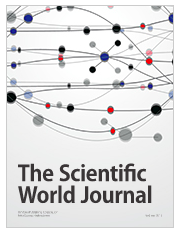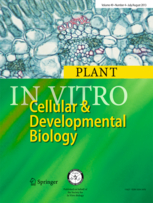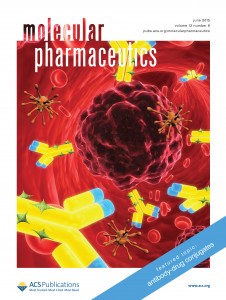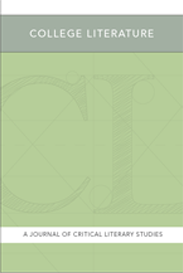
The chips are starting to fall from investigations into the works of Mustapha Marrouchi, a former English professor at the University of Nevada Las Vegas (UNLV) — he’s lost three papers from the journal College Literature.
Things began publicly unraveling for Marrouchi last year when an investigation by the Chronicle of Higher Education found lifted material in his books, essays, and peer-reviewed papers. (It’s worth scanning the comparisons to text from Salman Rushdie, John Updike, and other authors.)
Meanwhile, an investigation by the UNLV found that 23 out of 26 of his papers published between 2008 and 2013 contained instances of plagiarism. He was later fired.
Now, the fallout continues, with the retraction of three works published in 2010 and 2011 in College Literature. All papers were for plagiarism uncovered as the result of a UNLV investigation (presumably, the same one).
The retracted papers are: Continue reading Serial plagiarizer notches three retractions
